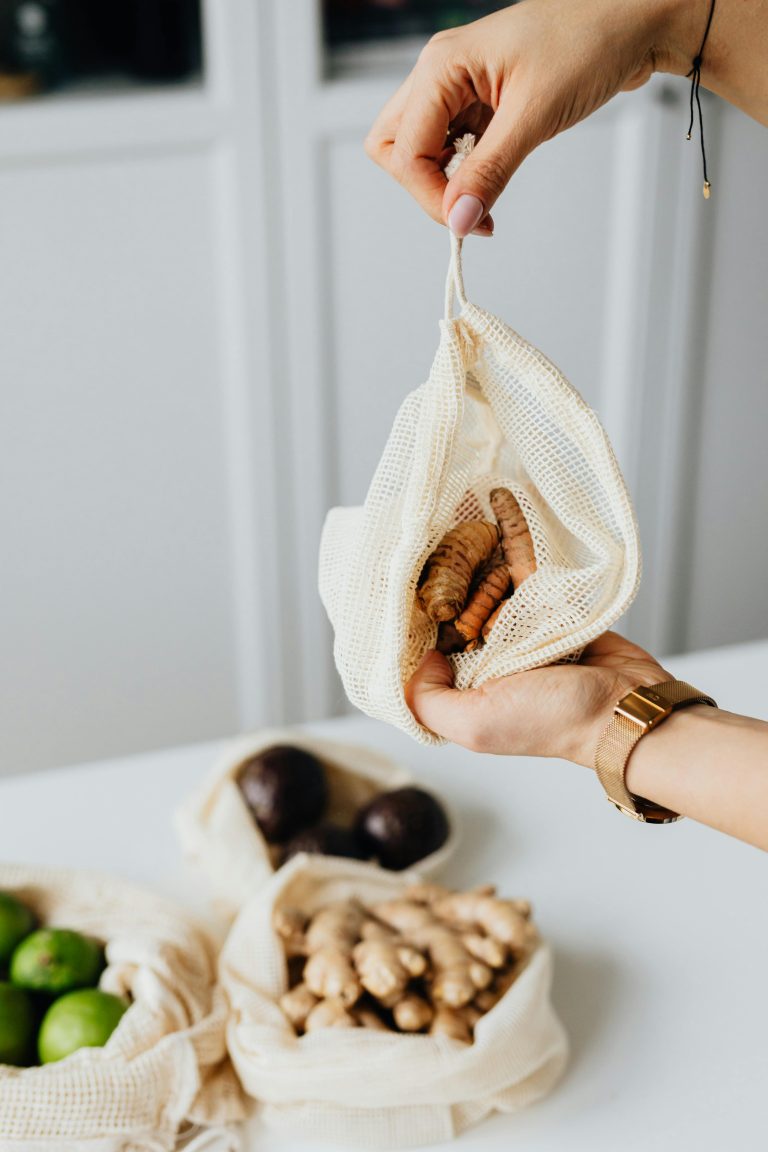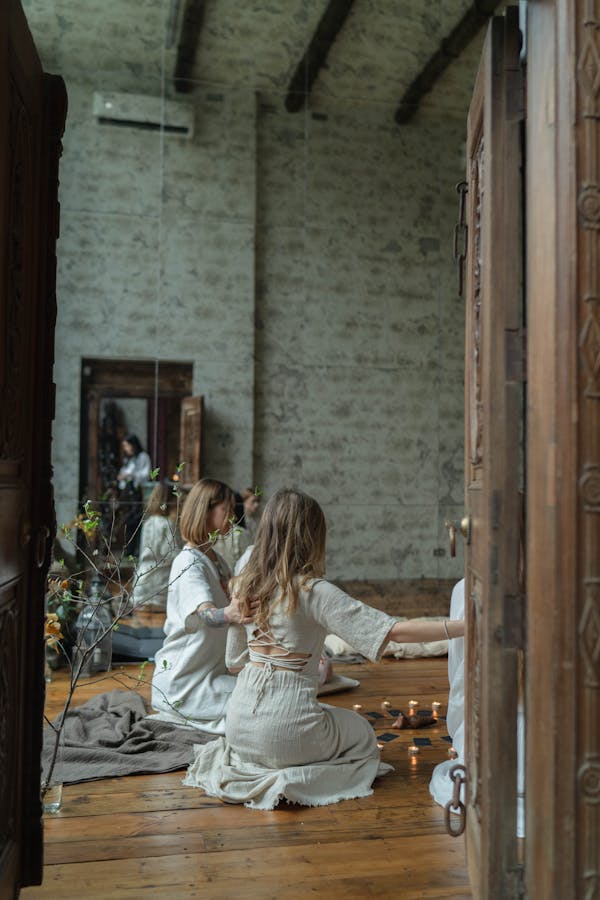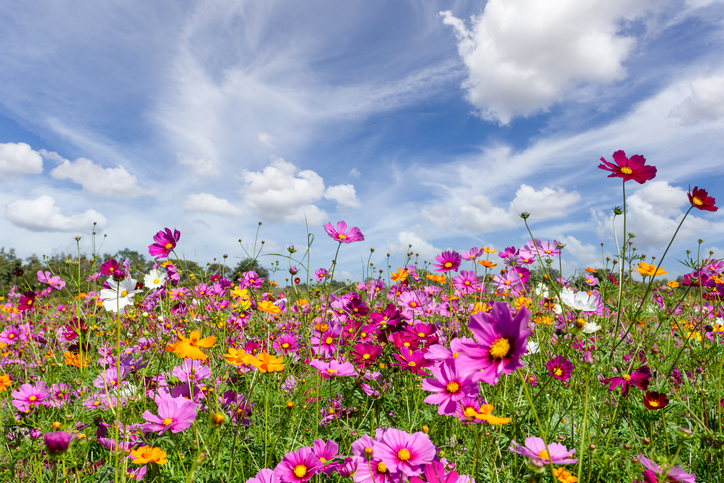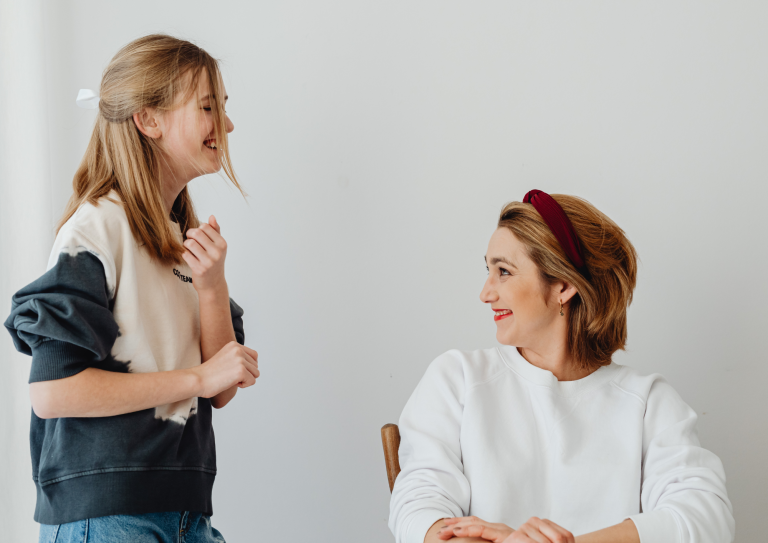Beyond First Periods: Why How We Begin Shapes Everything That Follows

For many mothers, the thought of their daughter’s first period brings mixed emotions: anticipation, excitement, protectiveness, and sometimes worry about what lies ahead.
However, how we introduce our daughters to menstruation can do far more than simply prepare them for bleeding days. It can shape their mental wellbeing, body confidence, and even long-term health.
Menstruation is not just biology – it’s a rite of passage
Puberty and menarche (a girl’s first period) are pivotal stages of life. They mark the transition from childhood into womanhood, physically, emotionally and socially. Research shows that the way girls first learn about and experience menstruation leaves a lasting imprint.
It can influence:
- How comfortable they feel in their bodies
- Whether they speak up about pain or irregularity
- Whether they seek help when something feels wrong
- Long-term risk of menstrual disorders going unnoticed
If first periods are framed with shame, secrecy or fear, girls may learn to see their bodies as burdensome or embarrassing. But when these milestones are marked with openness, knowledge and celebration, it builds confidence and openness.
Cycle awareness isn’t just “nice to have” – it’s empowering
Teaching cycle awareness tools like tracking mood, energy and symptoms, is crucial in helping girls tune into their own bodies. This awareness can mean earlier recognition and support for conditions such as Endometriosis, PCOS and Amenorrhoea (missing periods). It can also reduce anxiety, normalise talking about hormones, and build a sense of understanding and self-trust that lasts beyond adolescence.
Why conversations matter – and what to ask
Meaningful conversations with your daughter and loved ones don’t have to feel awkward or complicated. They can begin with small, open-ended questions like:
- What does being kind to your body look like?
- What does confidence feel like, not just look like?
- Have you noticed your energy changes across the month?
These questions plant seeds that can grow into lifelong self-awareness and confidence.
Changing the narrative: for them, and for us
Many women didn’t receive this kind of guidance or support. Menstruation might have been taught in whispers, with embarrassment, or through medical language that felt foreign and overwhelming. Or maybe they weren’t taught anything at all, and were left to figure things out on their own, terrified, ashamed and unsure. But it isn’t too late to change the story – for our daughters and for ourselves.
By speaking openly about puberty, periods and perimenopause, we show what it means to live alongside our bodies rather than in conflict with them.
An invitation: Empowered Puberty Mother & Daughter Workshop
On Saturday 12th July, I’m hosting my next Empowered Puberty Mother & Daughter Workshop in Wollongong. It is a a beautiful space for mothers, grandmothers, carers and daughters aged 12–16 to explore:
- What to expect with first periods
- Practical tools to feel grounded, confident and informed
- Gentle movement, crafting and journalling to honour this life stage
- How to recognise what’s normal, and when to seek help
Because how we begin matters – and the conversations we have now can echo across a lifetime.
Tickets are still available, and it isn’t too late to join us.
Em x






